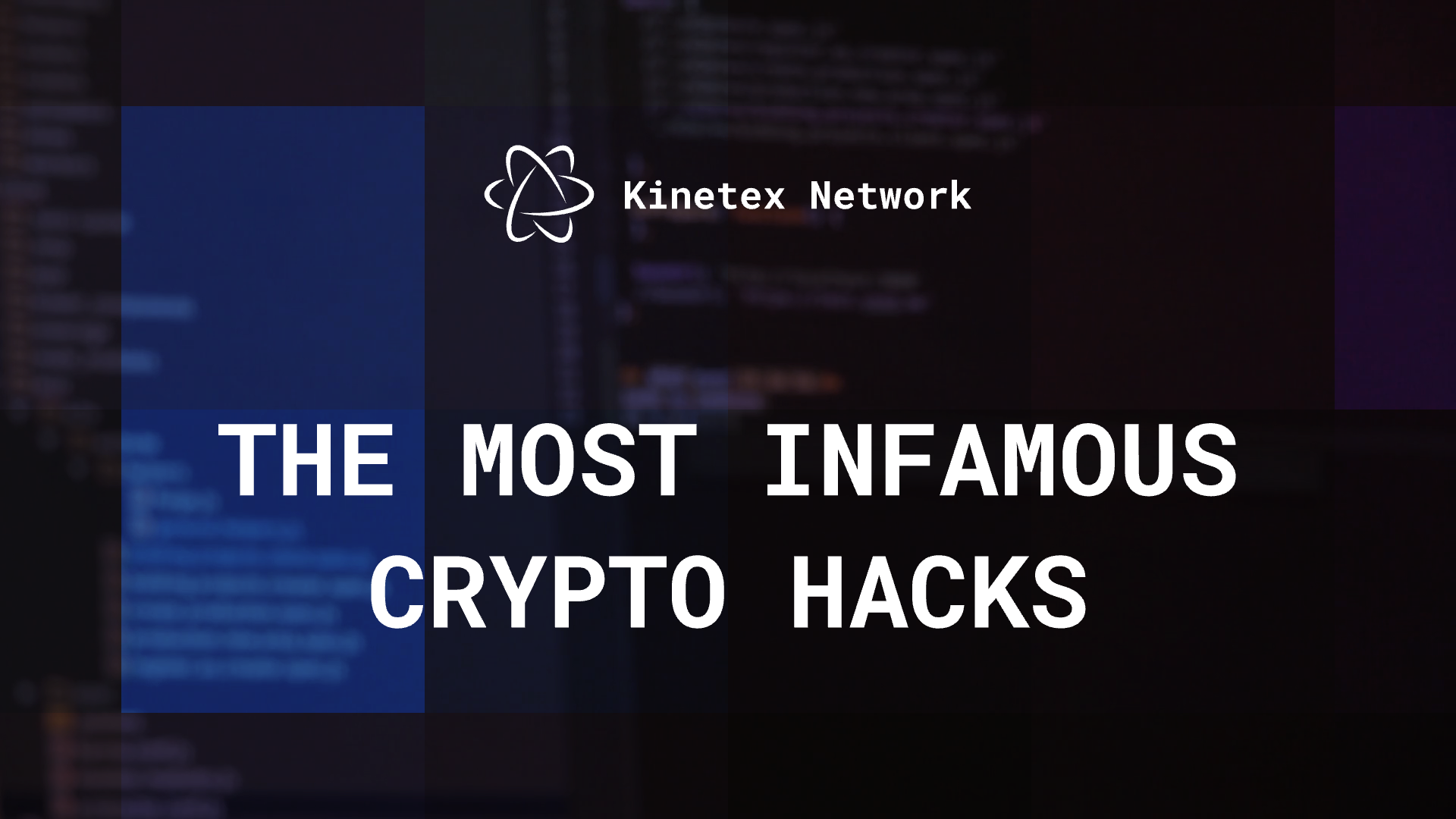Dubai, UAE, 14th June 2024, The world of cryptocurrency has attracted a diverse group of people, ranging from enthusiastic supporters to those who, unfortunately, aim to exploit the system. Throughout its relatively brief existence, the crypto industry has experienced numerous instances of malicious activity, resulting in some of its most infamous hacker attacks. Let’s explore the most well-known hacker attacks in the blockchain space and how they have affected the industry and its development.

Mt. Gox Hack
The Mt. Gox hack is still one of the most notorious events in the history of cryptocurrency assets. When it collapsed in February 2014, there were valid concerns that it could potentially devastate the emerging cryptocurrency ecosystem at a time when Bitcoin was not even five years old.
Mt. Gox reached its pinnacle as the world’s largest Bitcoin exchange, processing more than 70% of all Bitcoin transactions. As a result, the abrupt suspension of withdrawals by the exchange in February 2014 due to technical issues came as a shocking development for users. The analysis later revealed that Mt. Gox had suffered a loss of over 880,000 Bitcoins due to a prolonged, systematic hacking incident that went unnoticed for many years. This hacking incident led to the bankruptcy of Mt. Gox and triggered widespread panic and even a loss of trust in the successful future of crypto.
The attackers and whether one attacker consistently targeted over the span of these years or multiple attackers in various instances remain a mystery. Furthermore, the methods employed by the attacker are more a matter of suspicion than facts. In the case of the breach in June 2011, it has been verified that the hacker could gain entry to the Mt. Gox server using an account with administrator-level privileges. However, how they obtained access to such an account has yet to be determined.
Mark Karpeles, the CEO of Mt. Gox, denied any knowledge of ongoing attacks and the role that his approach to storing funds played in them. Afterward, Karpeles attributed the withdrawal problems in 2014 to the “transaction malleability” bug. Still, the deficiency in the available information prevented experts and the crypto community from analyzing the incident and confirming or denying any theories. It is hoped that this widely discussed incident has led many crypto enthusiasts to be more cautious about the products and services they choose to use.
The DAO Hack
The DAO, created on the Ethereum blockchain, was a groundbreaking project aiming to raise funds for Ethereum-based ventures in a decentralized fashion. It attracted significant attention and managed to gather well over $130 million. However, in June 2016, an unidentified attacker exploited the DAO’s code and stole nearly all those funds over a few weeks. Fortunately, a team of “white hat” Ethereum hackers managed to employ the same exploit against the attacker, successfully recouping a substantial portion of the stolen funds, but not all of it.
The Ethereum community was divided by heated arguments, trying to decide how to react to the attack. The DAO had grown to be such a highly funded initiative that it held approximately 14% of all ETHs in circulation at that time. Therefore, its collapse could lead to not just financial setbacks for investors but also significant repercussions for the developing Ethereum network.
So, first, the soft fork and then the hard fork were suggested. After much deliberation, the latter was chosen, effectively rolling back the Ethereum network to before the DAO attack. This approach allowed the reallocation of ETHs collected by the DAO to a different smart contract so that investors could withdraw their funds. The DAO’s cautionary tale significantly influenced the industry’s approach to security.
Conclusion
The cryptocurrency industry has a long track record of prominent hacker breaches that have unsettled investor faith, eroded trust, and cast doubts on the safety of digital assets. Despite undoubtedly leaving a profound mark on the crypto sphere, these events have also offered essential lessons, compelling industry participants to focus on security and adopt far more cautious approaches.
Kinetex Network: Website | Kinetex dApp | Blog














